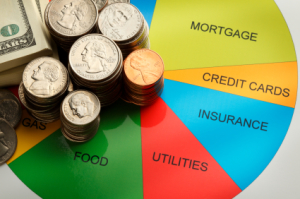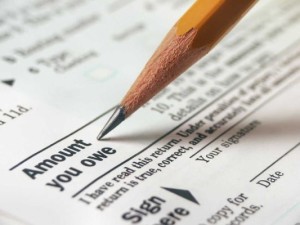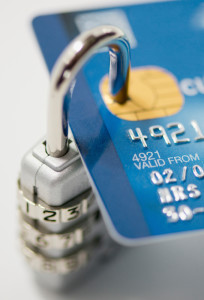 Today’s top story: What to do if you’re an Anthem insurance customer. Also in the news: TurboTax stops state filings, how your own personal lottery can add up to big savings, and how your pet can fetch a tax deduction.
Today’s top story: What to do if you’re an Anthem insurance customer. Also in the news: TurboTax stops state filings, how your own personal lottery can add up to big savings, and how your pet can fetch a tax deduction.
Millions of Anthem Customers Exposed: What It Means for You
Find out what you should do if you’re an Anthem customer.
TurboTax halts state filings amid fraud outbreak
What this means for TurboTax customers.
Pay Your Own Personal “Lottery” to Save Money Regularly
Then ten dollar a day habit that could add up to big bucks.
How Your Pet Can Dig Up a Tax Deduction
A deduction, not a dependent.
4 frequent flier mile pro tips that anyone can use
Getting the most from your miles.








